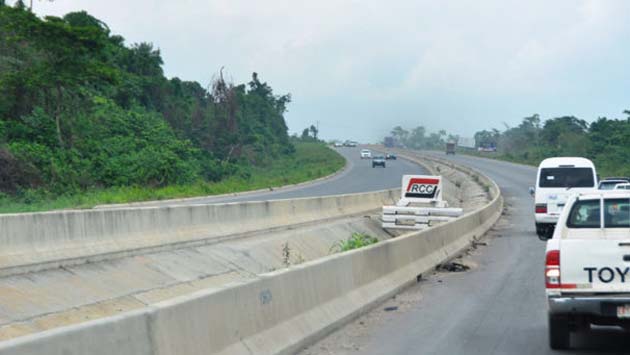Sea Empowerment and Research Centre (SERC) has raised the alarm that about 100,000 twenty-foot equivalent units (TEUs) of empty containers that are unseaworthy are littering Nigerian ports.
The maritime research group, in a document entitled, ‘Unravelling the underlying reasons empty containers are dumped, littering the Nigerian shipping and port space’, said the containers pose health and environmental risks to the country.
The Head of Research at SERC, Eugene Nweke, who made the document available to The Guardian yesterday, added that about 45 per cent of the containers circulating in the Nigerian shipping space were rickety and fall under the classification of unseaworthy containers.
According to Nweke, Nigerian freight forwarders have long complained about shipping lines discharging laden containers in Nigeria and then sailing back to origin ports with only a few export containers, “leaving behind over 97 per cent of empty containers.”
He lamented that the practice had been attributed to the cost implications of freighting back empty containers, which has resulted in a significant backlog of empty containers in Nigerian ports.
Nweke stressed that the group conducted a review of freight forwarders’ claims, and discovered that the cost of freighting empty containers back to Europe, Asia the United States and the Middle East from Nigeria varied greatly depending on several factors, including the point of loading, destination, carrier and market fluctuations.
“SEREC undertook a comparative study to determine the exact average rate for freight back empty containers from Nigeria to China. Based on recent data, the estimated costs are 20ft container (full load), $2,000 to $4,000 (or £5,351-£5,914 for a different route), 40ft container, $3,500 to $6,000 (or £10,167-£11,236 for a different route), less than container load, $150 to $500 per cubic metre,” he explained.
The sea freight transit time from Nigeria to China, he noted, that typically takes 21 to 26 days, while air freight takes one to three days. Nweke, who was National President of National Association of Government Approved Freight Forwarders (NAGAFF), said SERC estimated that it would cost a ship with a loading capacity of 4,500 TEUs approximately $9 million to freight back empty containers to the port of origin.
“This is considered a significant cost burden on shipping lines,” he said. To address the issue of dumping empty containers in Nigerian ports, SERC underscored the need to encourage Nigerian businesses to increase their exports to reduce the number of empty containers. He advised the government on the need to invest in better port facilities and management systems to streamline container handling and reduce congestion.
The group also called for the establishment of an efficient container return system to reduce the number of empty containers left in ports. Checks have also revealed that the operator of the Lagos Port container terminal, APM Terminals, Apapa, recently had to suspend the acceptance of empty containers into its terminal for almost seven days due to the presence of too many empty containers in its terminal.
APM Terminals Apapa Terminal Manager, Steen Knudsen, in a statement, noted that due to a sharp and sustained surge in import cargo volumes over recent weeks, shipping lines had to prioritise discharging incoming laden containers over evacuating empties. This operational shift resulted in a growing inventory of empty containers within the terminal, significantly limiting yard space.






